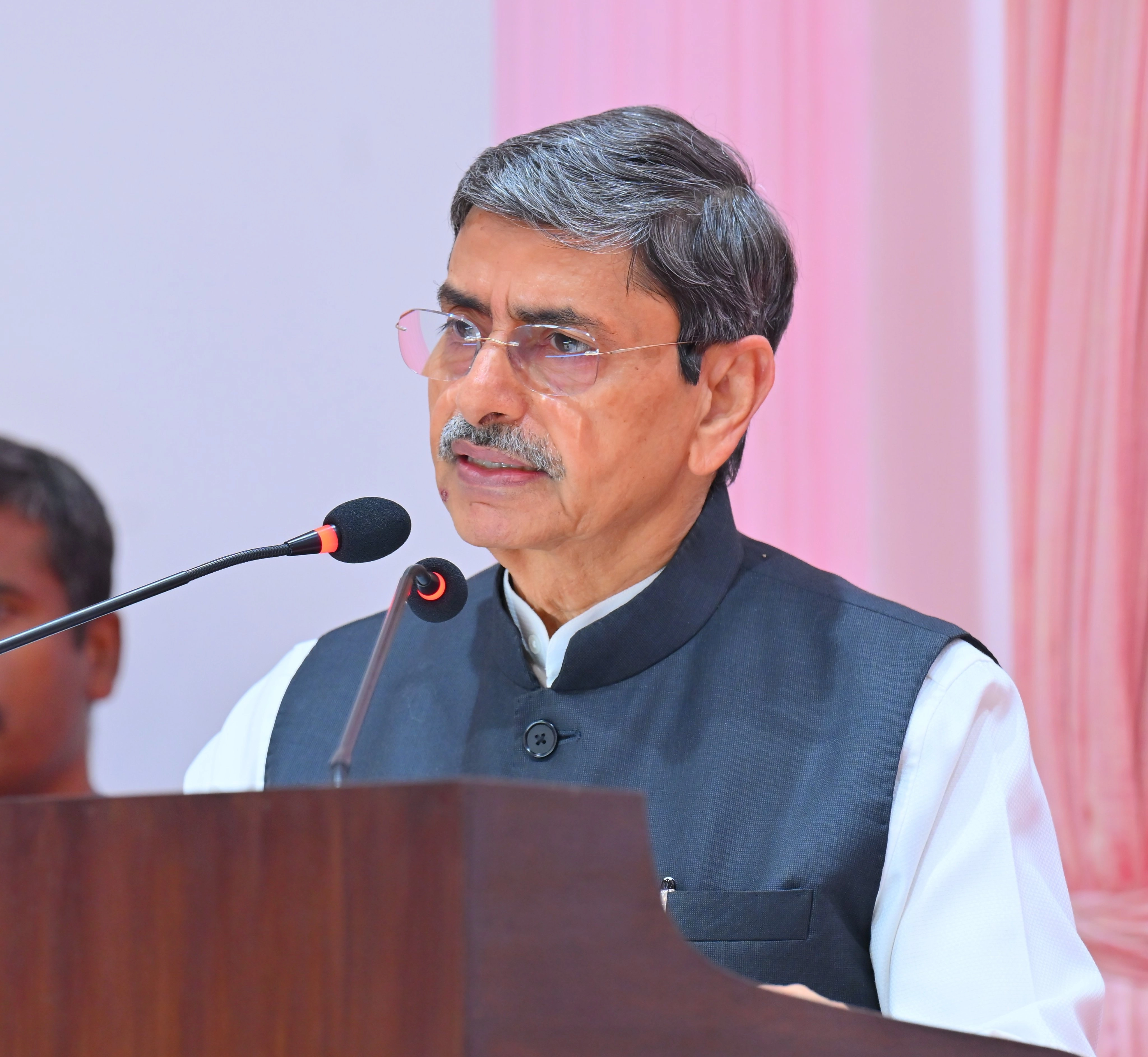The ongoing tension between the Dravida Munnetra Kazhagam (DMK) party and the Tamil Nadu Governor has resurfaced, this time focusing on the alarming issue of crimes against Dalits. This conflict highlights the broader social challenges faced by marginalized communities in Tamil Nadu, particularly concerning the state’s response to issues of caste-based violence. The DMK, which has long positioned itself as a champion of social justice and equality, is calling for more decisive action and accountability from the Governor regarding the protection of Dalit rights.
The recent incidents of violence against Dalits have ignited outrage within the DMK, prompting party leaders to demand a more proactive stance from the Governor. They argue that the state government should strengthen legal frameworks and enforcement mechanisms to protect Dalits from discrimination and violence. The DMK’s position emphasizes that the Governor’s role is not merely ceremonial but involves ensuring that the state’s constitutional duties toward all citizens, especially marginalized communities, are upheld. This friction between the DMK and the Governor is emblematic of the ongoing struggle for social justice in India, where caste-based discrimination remains a pervasive issue.
In response to the rising crimes against Dalits, the DMK has initiated campaigns to raise awareness and mobilize public support. They are advocating for legislative reforms aimed at enhancing the protection of Dalits and ensuring that perpetrators of caste-based violence are brought to justice. The party’s leaders have also called for public demonstrations and community engagement to shine a light on these injustices and pressure the government to take meaningful action. The DMK’s commitment to this cause underscores its broader political strategy of aligning itself with social justice movements, thereby strengthening its base among marginalized communities.
This ongoing confrontation with the Governor is indicative of a larger narrative in Tamil Nadu politics, where issues of caste, social justice, and governance intersect. The DMK’s efforts to address crimes against Dalits represent not only a political maneuver but also a moral imperative to confront the deep-rooted inequities that persist in society. As the situation develops, it remains to be seen how effective the DMK’s advocacy will be in compelling the Governor and the state administration to prioritize the rights and safety of Dalits in Tamil Nadu. The resolution of this conflict could have significant implications for the state’s political landscape and the ongoing struggle for social equity.




